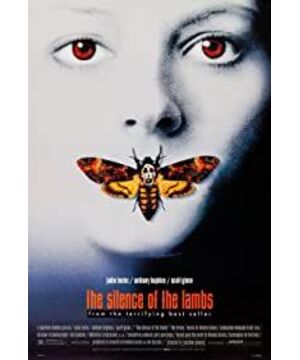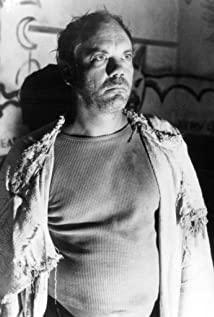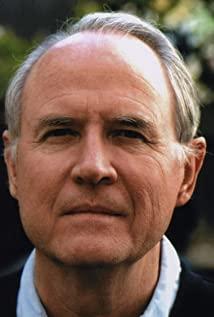In "Silence of the Lambs", when helping Sterling to analyze the motives of "Buffalo Bill", Hannibal guided her thinking in this way: ——What did
he kill to satisfy?
He covets, that is his nature.
- How do we start to covet? Are we looking for something to covet?
No, we start to covet when we see everyday things.
...
of course it's not just Buffalo Bill that he's analyzing, it's all of us: where does greed come from? - from what we see every day. We see, we like, we want to have it for ourselves. This desire is strong to a certain extent, and the result is to find ways to obtain it; the normal channel is unable to obtain it, but the desire is still strong, and the result is unscrupulous means. After unscrupulous? ——Buffalo Bill was killed by Sterling after killing six people. The price of covetousness is destruction in the end.
The same idea is further elaborated in the sequel, "Hannibal." Hannibal, who goes by the pseudonym Fell, said in his speech for the librarian: In the Middle Ages of ancient Europe, greed and hanging were often linked together, and the most famous person who was hanged because of greed was Judas who betrayed Jesus.
Avarice - hanging - seld-destruction
I make my own home by my gallows. "The gallows is my home"
in Hannibal Hannibal's dedication to the rich Vijay, the police officer Patch, was also hanged by Hannibal. Another official, Paul, who framed Sterling for his covetousness, was even eaten by Hannibal. ——This is actually a warning, telling us the fate of covetousness.
Covetousness is the source of all evil, but we often fail to see this source, and even interpret covetousness as other specious things, such as "be strong", "motivated", etc. During the journey, he was full of troubles and sorrows. If you see someone living in a villa or driving a luxury car and you envy you and want to own it, that’s covetousness; if you see someone else’s reputation rising and everyone is friendly and you feel jealous and you want it too, then It is covetousness; if you feel unbalanced, lost, and unsatisfactory when you see others get promoted and raise wages, that is also covetousness; even if you see something delicious, you should eat more, and if you see something good, you should take a second look. That's all greed. But we often don't guard ourselves and don't know where our troubles come from. We're outside the movie, we're standing far away, arms folded, the gesture of a bystander that doesn't matter to us. We don't understand that the writers and directors are creating such an extreme story as a warning to each of us.
Then I thought of Lao Tzu two thousand years ago. He said: "If you don't see what you want, you will not be disturbed." First look up at this chaotic, materialistic world, and then, do you still think this statement is conservative, backward, and not aggressive?
——This is actually a deep sympathy after being deeply acquainted with the human heart.
View more about The Silence of the Lambs reviews










